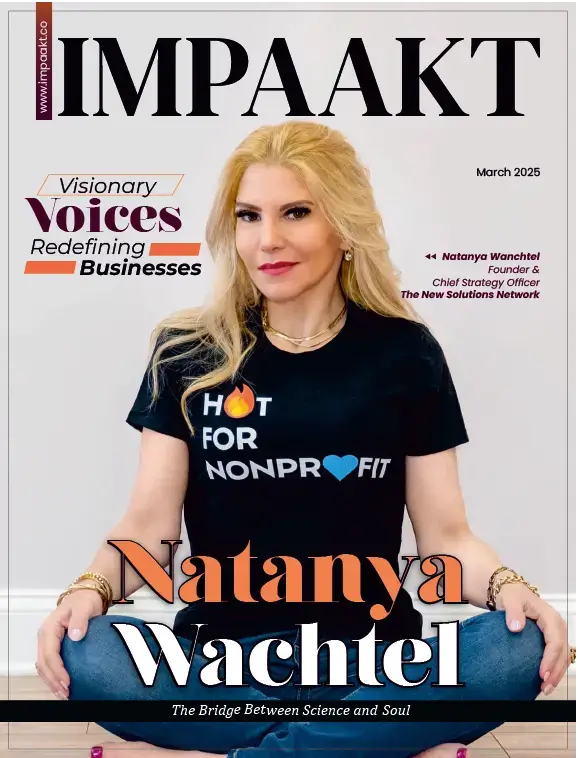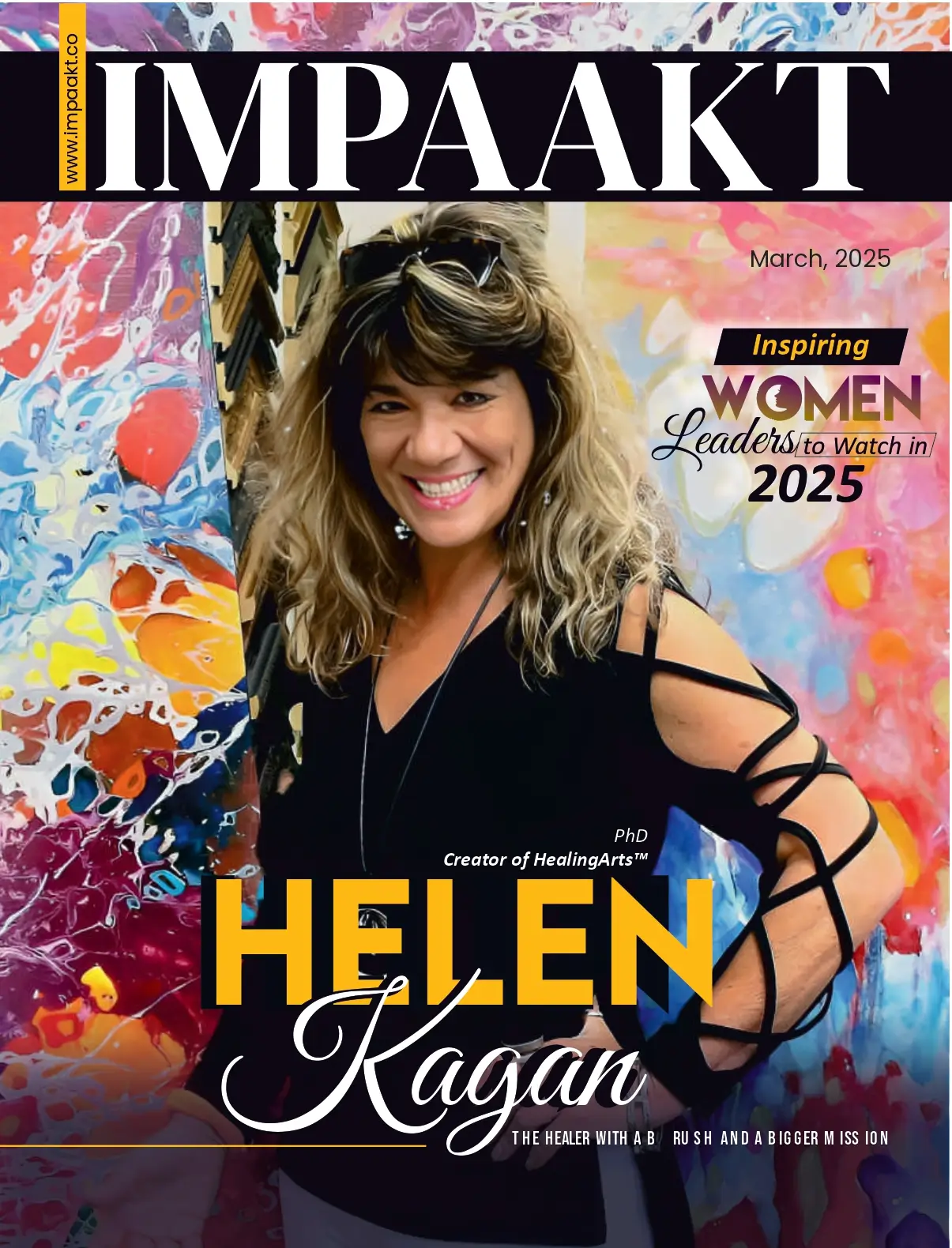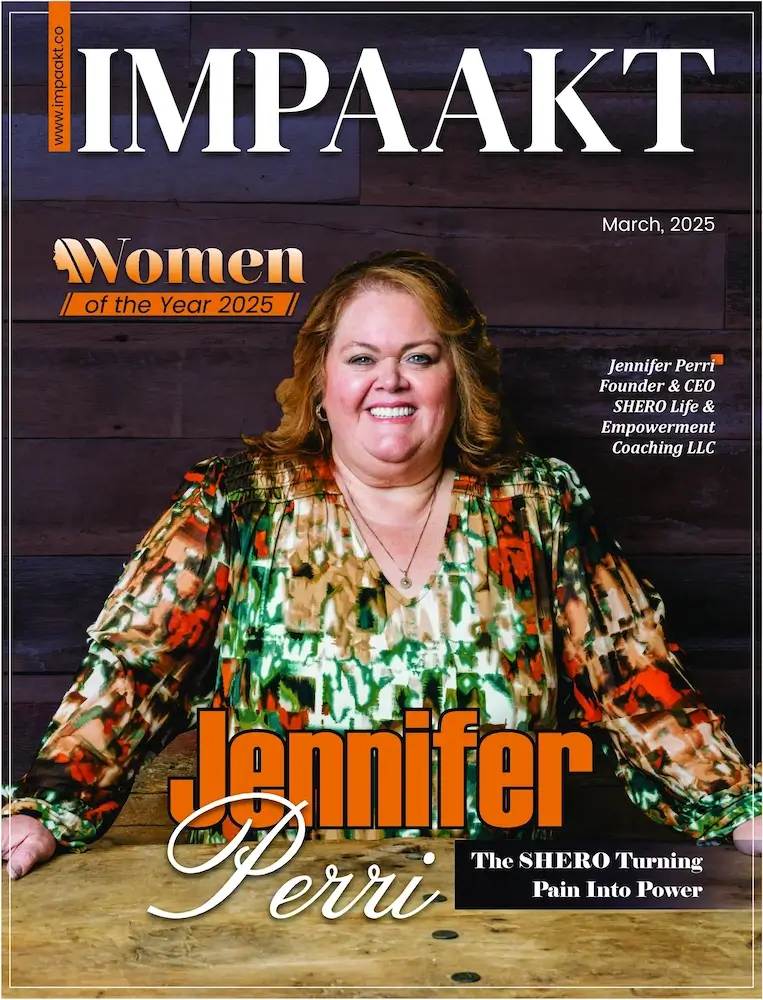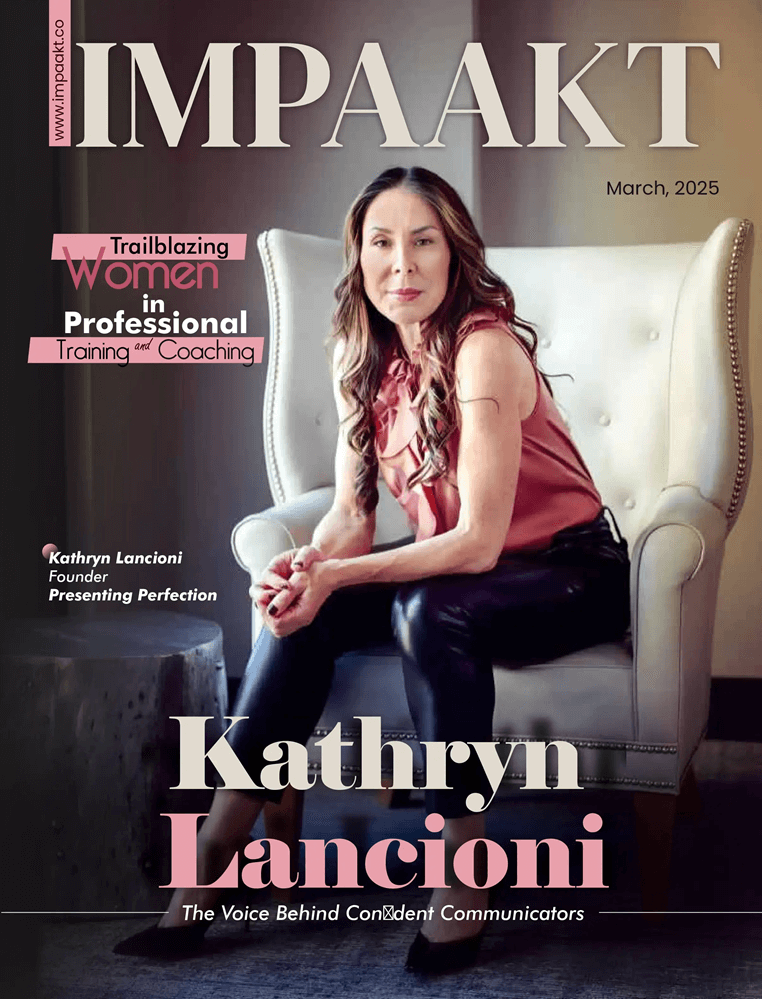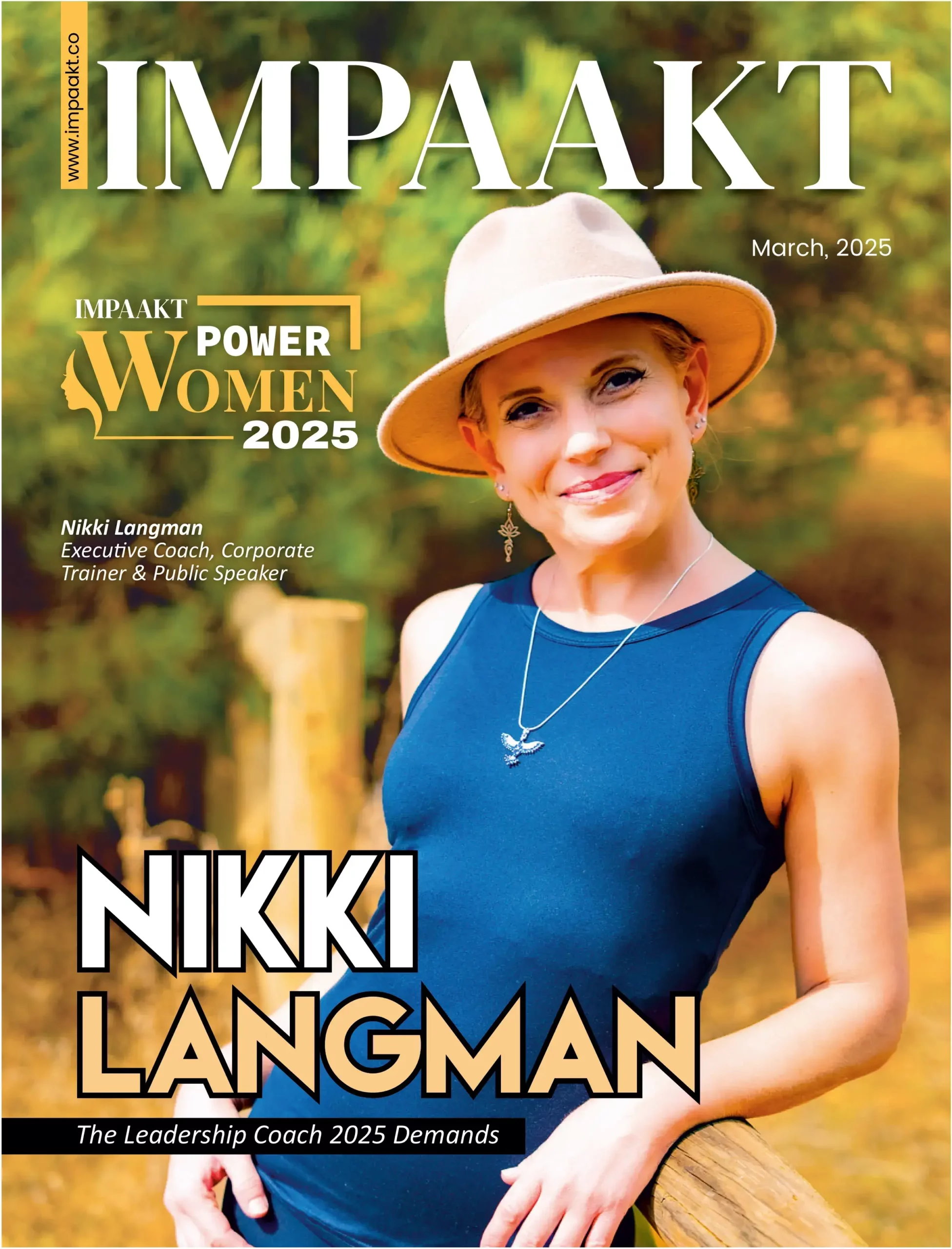By Megha Deshpande
As a sociology practitioner and as a teacher, I believe that education is always a part of an emancipatory process. Using our own location, experiences, and seeing the world with its own reality to transform. Here I can’t stop myself from sharing a very important fact regarding one of the oldest books on education, ‘Liber Manualis,’ written by Dhouda, a Frankish writer and a woman, in the first half of the Ninth Century. In this book, she acknowledges her experiences and suggests practicalities of life as well as the interdependence of lifeworld. The style of writing this book for her son, she tried to construct the situation and then explore the dimensions and context of that reality and ultimately proposed an empathetic worldview.
In one of the stories, she mentions how deer, “ford wide rivers swimming in single file, one after the other, with the head and shoulders of each resting on the rump of the deer ahead; they support one another and thus are able to cross the river more easily. And they are so intelligent and clever that when they realize the one in the very front is tiring, they send him to the end of the line, and another takes the lead.” In this neoliberal world where the individuality that is propagated by the market and achieving the targets are more important, it would make more sense to discuss education and pedagogy.
With this understanding, pedagogy is a process of ‘Dialogue,’ which does not aim to engage students in a certain way but reassures the very social nature of learning and knowing. Dialogue is not a conversation or narration; as Paulo Freire mentioned, “Education is suffering from narration sickness.” It is the way of understanding the object of knowledge with all criticalities to comprehend about the object of knowledge. It is a combination of theory and praxis (Action and reflection).
Challenges faced by Pedagogy
We must acknowledge the power relations in Pedagogy when we use it as a tool. Appropriation and legitimization of class and cultural difference through prescribing syllabi as an ultimate source of knowledge and labeling other sources as mere utterances are some of the examples of power and dominance.
Here epistemic understanding of knowledge and pedagogy is crucial, and it may refrain us from prescribing or imposing the so-called knowledge? Prescription is transforming the person’s consciousness according to our own convenience. An actor must be reflexive with her/his approach. Off course, it’s a painful process, but in order to create space for the humanization of knowledge, firstly, we must accept the dehumanization of the process of knowledge. As we all know that the historical facts of how some of classes were excluded from this process of knowledge.
As Bourdieu put forth, the role of education as a tool is the reproduction of power relations and maintaining the neutral position as a structure.
The Pedagogic Elephant in the Room
The biggest pedagogical challenge in a classroom (consisting of pupils from different social and cultural backgrounds) is how to choose language to convey the meaning and create an inclusive space for voicing the silence as well as the selection of examples to which each one can relate with. To meet this challenge, Paolo Frere’s problem-solving pedagogy is very helpful. Breaking the vertical structure of knowledge sharing, giving agency to each one to articulate, engage and comprehend. It is a very liberating process where they all become responsible for each other to grow. They all know the incompletion of themselves. This situation creates a dialogue that enables both sides to learn from each other, mediated by this dynamic world.
The debate on Subjectivity Vs Objectivity is also very common in the field of education and pedagogy. Practically these two prepositions are not contradictory to each other as we know that subjectivity is always a part of the objective reality canvas, which we can critically analyze and make a new synthesis of knowledge. Pedagogy is not one jacket fit for all. It is rooted in the very democratic ethos of the society, which gives a right to every stakeholder to participate and create.
“Authentic education is not carried on by “A” for “B” or by “A” about “B,” but rather by “A” with “B”(Paulo Freire). Engaging with this thought is another pedagogical challenge in this world, based on algorithms and coding. Homogenization of processes and programmed thought is a new reality.
But the real question is, “How to go beyond individual gratification while understanding the dialectic relationship of knowledge and thoughts, where we acknowledge the beauty of the plurality of knowledge and thoughts with its own criticality and contexts as a conscious human being.”
Envisioning an Equitable World!
We all know that at the center of any human effort is the common good of this life world. To maintain the sanity and dignity of the lifeworld, the philosophy of education as proposed by UNESCO (Delors Commission) is learning to know, learning to do, learning to live together, and learning to be. This must be the part of educational pedagogy which is transformative in nature and full of possibilities to create a more humane and democratic equitable world.
Author Bio
Dr. Megha Deshpande is a sociology enthusiast and is actively involved with the academic and research community. Being experienced in the field of sociology of gender, development, and popular culture, she guide students and research scholars to have an inclusive approach to socio-economic development and work towards nurturing the social fabric.
Being a P.hD herself, she has many feathers on her cap. Her research interest in developmental issues, Forest Rights, and Citizen Social Science has enabled her to connect with a wide array of the student pool and research community.
Utilizing her twelve years of teaching experience, she is reshaping and redefining the education pedagogy and inculcating democratic values in students. Adding to the list of her achievements, Dr. Megha has been associated with various organizations that are working in the field of tribal rights in MP and Chattisgarh and is a known figure around national and international symposiums.







